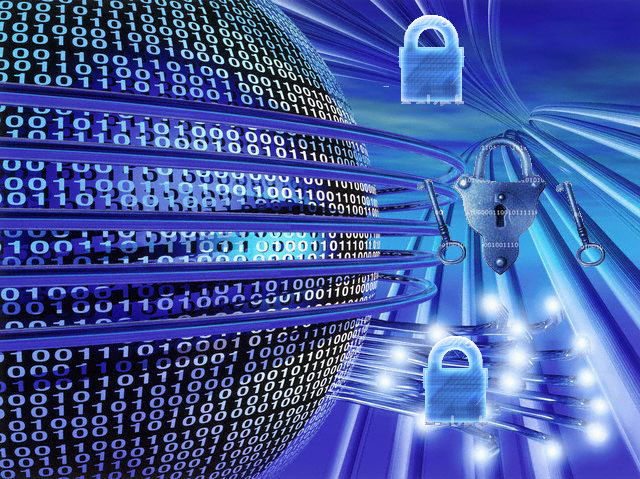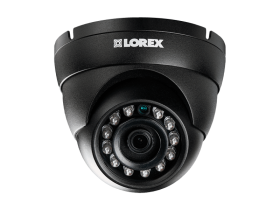Malware have been wreaking havoc for some time now, yet not everyone is concerned about the destruction they can do. They bring about damaged hard drives, stolen identities, emptied bank accounts and overall disruption of privacy, but a lot of people still leave their laptops or desktop PCs unprotected and easy to hack.

Fortunately, if you used to be one of these computer owners, it’s not yet too late since there are several ways to safeguard your equipment from malware. One of these is to avoid making mistakes that expose your device to viruses, spyware and Trojan horses and put your personal data at risk. Some of these blunders include:
Using Unsafe Web Browsers
Almost all new computers come with Internet Explorer as their default browser, but this doesn’t mean that it’s safe to use. This comes from the fact that IE has lots of security loopholes, making it extremely vulnerable and a favourite point of entry for different spyware.
So, if you’ve bought a new PC or are still using Internet Explorer in your old laptop, switch to alternatives right away. Mozilla Firefox and Google Chrome are considered to be the safest and more secure options, but you can also use Opera and Safari. No matter what you choose though, you need to learn how to make security tweaks to your browser and make it even more hack-proof.
Not Paying Attention To Update Alerts
It’s easy to ignore update alerts that would pop up on your screen, especially if you’re busy with work. But, even if you have an incredibly tight schedule, you must make it a point to click on those notifications and download the latest versions of your operating system and anti-virus program. This way, you’ll have peace of mind knowing that your computer’s security is up-to-date and can protect your device from the latest malware.
Clicking On Suspicious Links
Say you received an e-mail from someone named Dave. You don’t have a friend or a family member named Dave, but you open it anyway and click on the link it contains. Congratulations ― you’re on your way to having a virus-infected PC.
Sending infectious e-mails is one of the most favourite tricks of cyber-criminals, so be vigilant with your inbox and avoid clicking on links that you find in unsolicited e-mails. If possible, delete any messages from e-mail addresses you don’t know ASAP; doing this reduces the possibility of infection and keeps your device away from viruses and other kinds of malware.
Creating Easy-To-Hack Passwords
It’s tempting to use your birthday as a password for your e-mail, Facebook, Twitter and online banking account (among other things), but don’t give in to the temptation. If you want to increase your computer’s security, opt for unique and one-of-a-kind passwords that no one else can possibly know unless they’re mind readers. Common words (like “password” and “qwerty”) and strings of numbers (such as 123456) should be off the list. Don’t use your birthday (or your family members’ birthdays) as well as your first, middle and last names.
These are just some of the mistakes that you should avoid to safeguard your equipment. In case your laptop or desktop PC has already been infected before you could take preventive action, don’t worry since you can always get the help of computer repair experts in Perth. With their skills and experience, they can effectively remove viruses, spyware and other types of malware from your device and bring it back to good health. They’ll also give you tips on how to prevent re-infection and keep your computer in excellent shape.


























